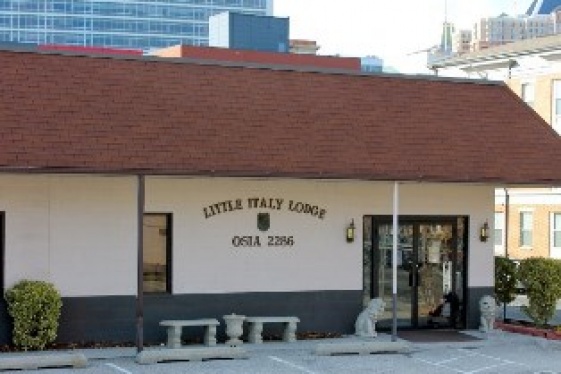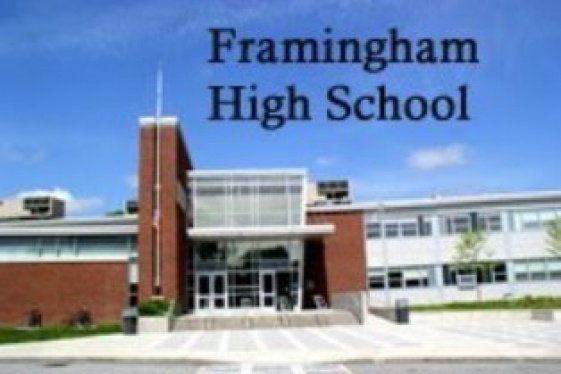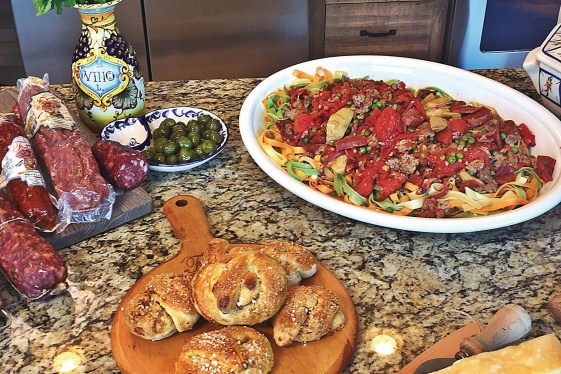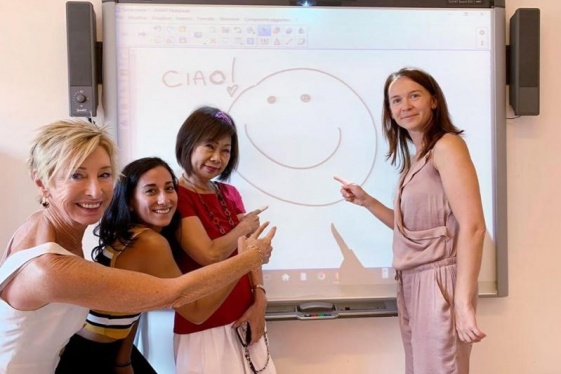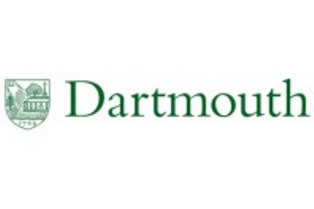
Colloquium on Dialects in Italian Literature and Culture, 1500-1800 at Dartmouth College

Italian dialects, or regional vernaculars, have played a significant role in the development of the Italian literary tradition since its origins. In the words of Gianfranco Contini, "Italian literature is the only major national literature whose dialect production viscerally and inseparably forms a corpus with the rest of its patrimony."
In the last half century there has been a resurgence of interest in dialects, comprehending both dialect production and the academic study of dialects. Much of the work has been organized along regional lines—the dialect production of Venice or Naples, for example—with an eye to the relations among dialect writers and, sometimes, the dialogues that they established with their contemporaries writing in Italian. This colloquium seeks to encourage scholarly dialogue around a less frequently studied aspect of dialect production: the commonalities of purpose among dialect writers across regional categories.
The chronological focus of the colloquium is the early modern period (1500-1800), a period of rich literary experimentation with dialects, but also a period whose dialect production is on the whole less known than the 19th and 20th centuries. Topics may include:
· The political, social and cultural contexts of dialect literature, music, and theater;
· Dialect and canonical literature;
· Dialect writing and civic identity;
· Experimentation and innovation in dialect;
· Dialects as codes or secret languages;
· Strategies for using dialect literature and culture in the classroom.
We expect that this colloquium will have a significant interdisciplinary component, and we invite abstracts from scholars in the fields of literature, history, art, music, and theater. Advanced graduate students are welcome. Papers will be considered for publication in an edited volume of the conference proceedings. Papers should be in English.
Please submit an abstract of 300 words, a short bio, and your contact information (name, affiliation, and email address) to Nancy Canepa ([email protected]) and Courtney Quaintance ([email protected]) by April 1, 2014.
You may be interested
-
2015 scholarship competition
The La Famiglia Scholarship committee is pleased to announce the financial aid competition...
-
Emanuele: cervello d'Italia al Mit di Boston
Si chiama Emanuele Ceccarelli lo studente del liceo Galvani di Bologna unico italiano amme...
-
Italian Americans media and beyond: between...
The Department of Italian invites you to a lecture by Fulvio S. Orsitto who is an Associat...
-
Italian world language teacher 2015-2016
FRAMINGHAM PUBLIC SCHOOLS - JOB DESCRIPTION TITLE: World Language Teacher - Italian...
-
'Ciao Italia' visits Fortuna's in Manchester
Patti Fortuna-Stannard was just a little bit nervous. She kept checking her phone as the h...
-
'It's not Joe Faro's world'
Where in New England is Joe Faro? On any given day, the restaurateur-turned-developer is s...
-
'Italy Stay Strong': What The Coronavirus Eme...
On the northern coast of Sicily, looking out toward the magnificent Aeolian Islands, Milaz...



